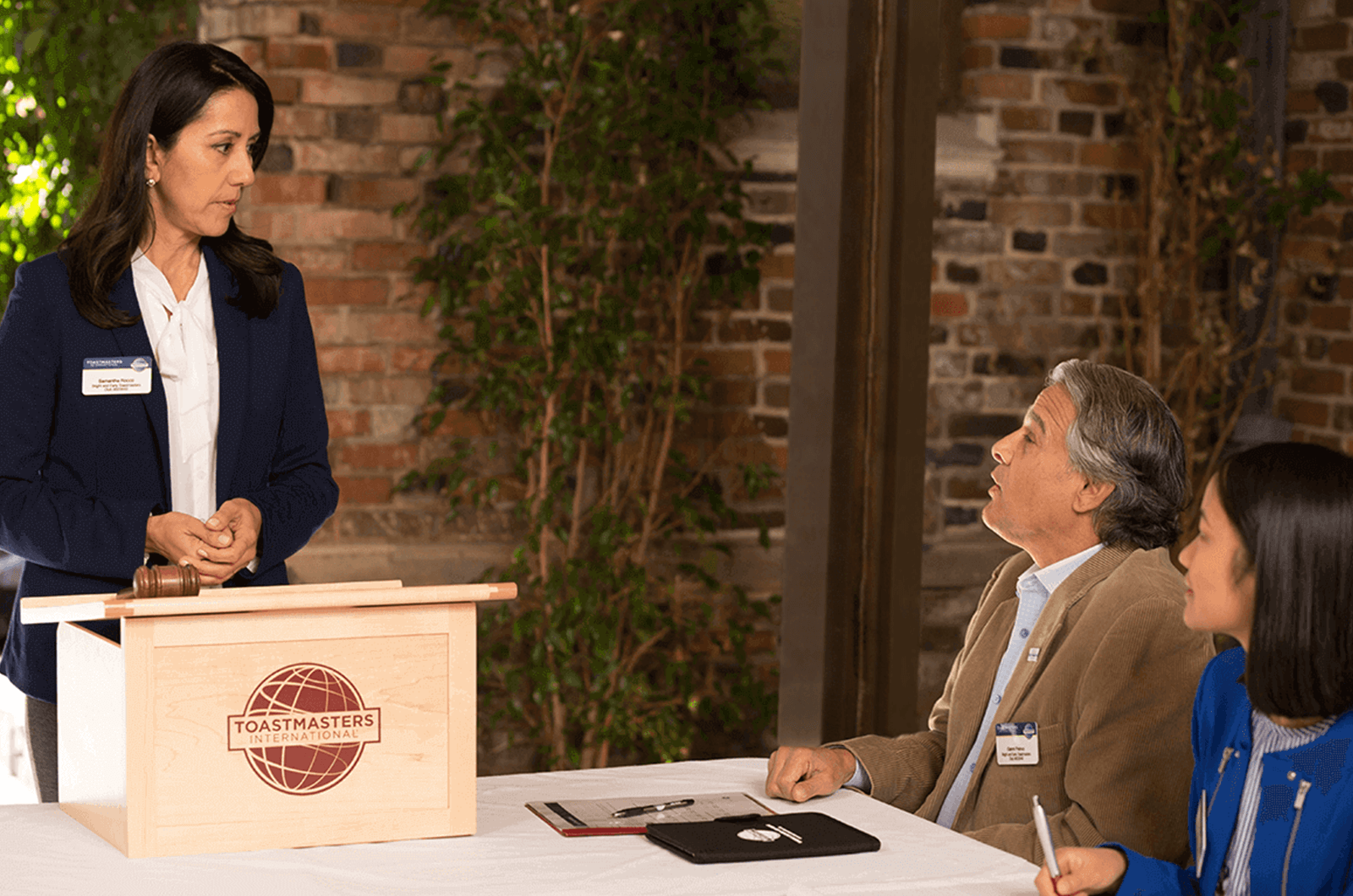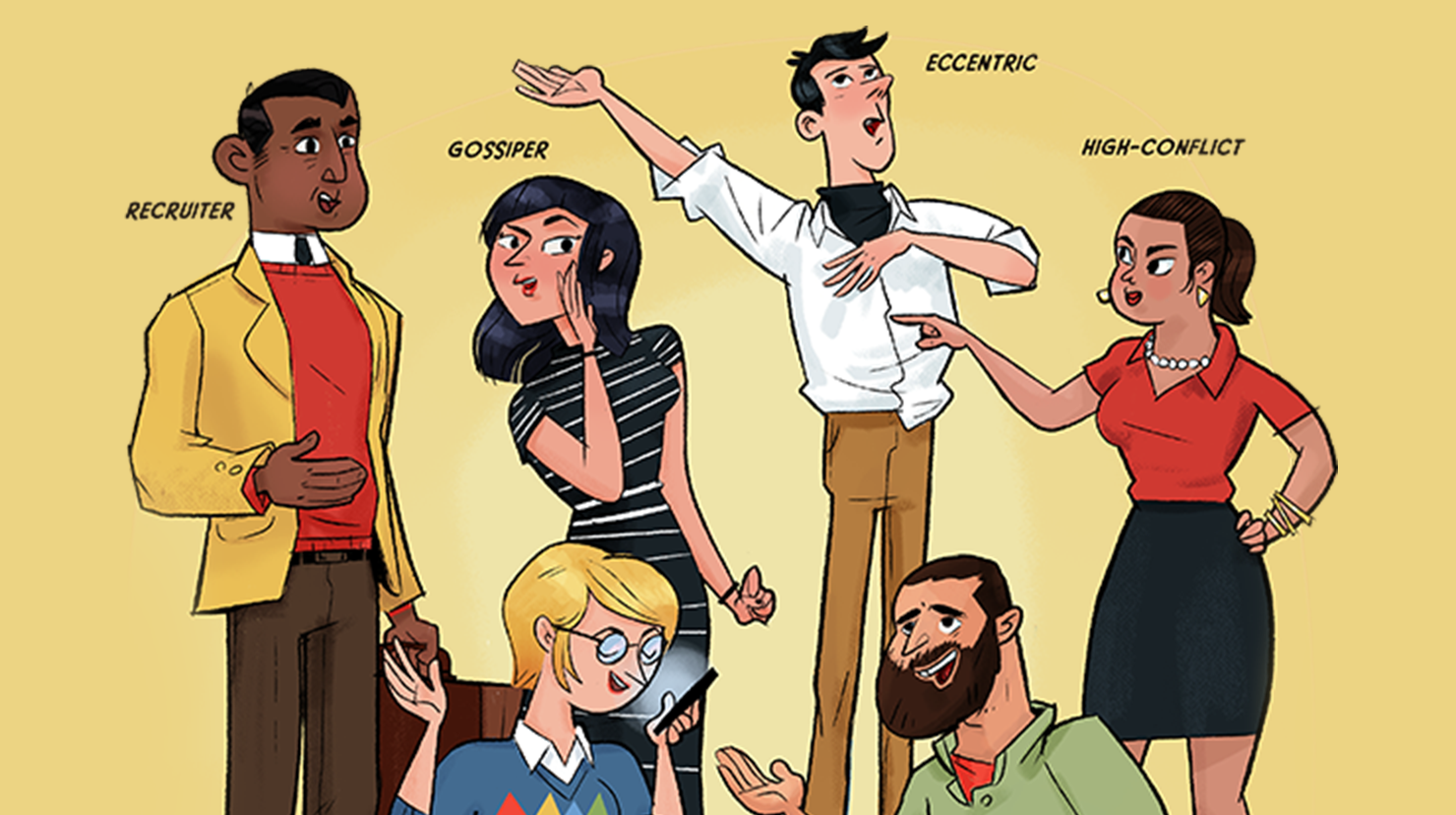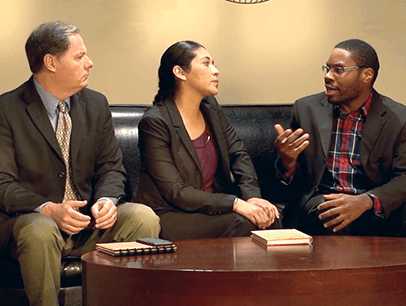
Toastmasters clubs are intended to support all types of personalities and speaking styles. It’s natural for disagreements to occur when so many people interact with one another. However, you may occasionally need to intervene when a member’s negative attitude or disruptive behavior starts to affect club morale. Here are some leadership tips on how to deal with so-called “difficult” members:
Listen before you act.
Listening to others is one of the most important skills you can possess, and it’s something practiced at every club meeting. Listen closely to disruptive members when they talk—whether they’re giving a speech or just making conversation. This might allow you to understand their motivation and help you offer constructive feedback that could positively impact their attitude.
Analyze your response.
How we react to a person’s behavior can often tell us more about ourselves than those we are reacting to. If a member is bothering you, try analyzing why you are reacting to them in a negative way. Defusing the conflict could be as simple as coming to a better understanding of yourself.
Speak with them privately.
Instead of gossiping about a difficult or disruptive member with other Toastmasters, approach the member privately to address your concerns. One subtle way to do this is to “sandwich” your criticisms in between compliments. Saying positive things about the member, along with your constructive criticism, will help keep your conversation positive.
If all else fails, try a mediator.
If you’ve exhausted the above options and are still unable to reach a resolution, ask another Toastmaster to step in and mediate. Find an impartial member who can hopefully lead both of you to an agreeable solution. This is a great opportunity for everyone involved to grow their communication skills.
Above all, remember the Toastmasters Promise you agreed to when you first joined. It’s every member’s responsibility to provide a supportive environment for their fellow Toastmasters—even the difficult ones.



 Previous
Previous
 Previous Article
Previous Article

